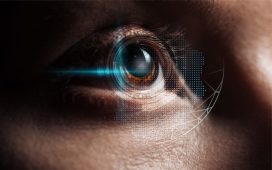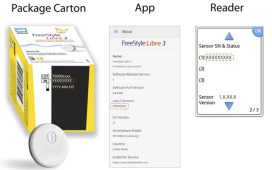When combined with cytology, UroSEEK detected 95 percent of patients who developed bladder cancer
THURSDAY, March 29, 2018 (HealthDay News) — UroSEEK, which uses DNA recovered from cells shed into urine, can detect urothelial cancer, according to a study published online March 20 in eLife.
Simeon U. Springer, from the Ludwig Center for Cancer Genetics and Therapeutics in Baltimore, and colleagues developed a test to detect urothelial neoplasms that incorporates massive parallel sequencing assays for mutations in 11 genes and copy number changes on 39 chromosome arms. UroSEEK was used in 570 patients at risk for bladder cancer (BC) and 56 with upper tract urothelial cancer.
The researchers found that UroSEEK was positive in 83 percent of those who developed BC. Combined with cytology, it detected 95 percent of patients who developed BC. Seventy-five percent of patients with upper tract urothelial cancer tested positive by UroSEEK, including 79 percent of those with non-invasive tumors. In 68 percent of urines obtained from BC patients under surveillance who demonstrated clinical evidence of recurrence, UroSEEK detected genetic abnormalities. In low-grade BCs, UroSEEK detected 67 percent of cases, while none were detected by cytology.
“These results establish the foundation for a new non-invasive approach for detection of urothelial cancer,” the authors write.
Several authors disclosed financial ties to Personal Genome Diagnostics, PapGene, and Sysmex-Inostics.
Copyright © 2018 HealthDay. All rights reserved.








